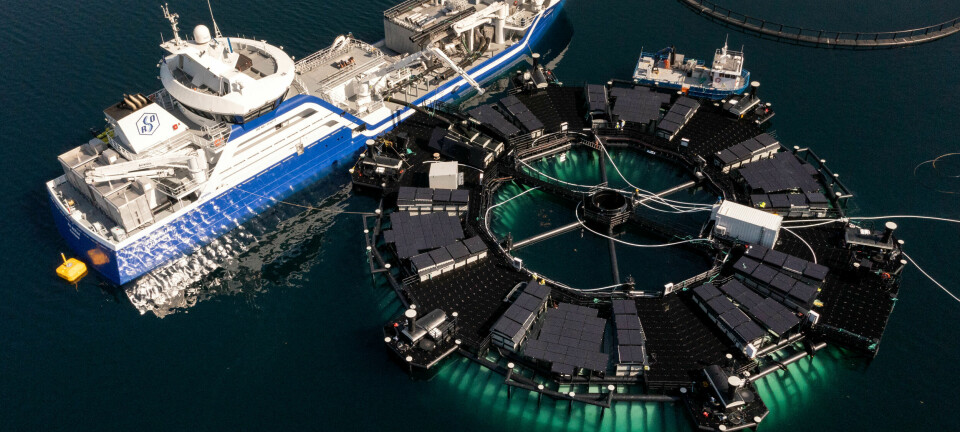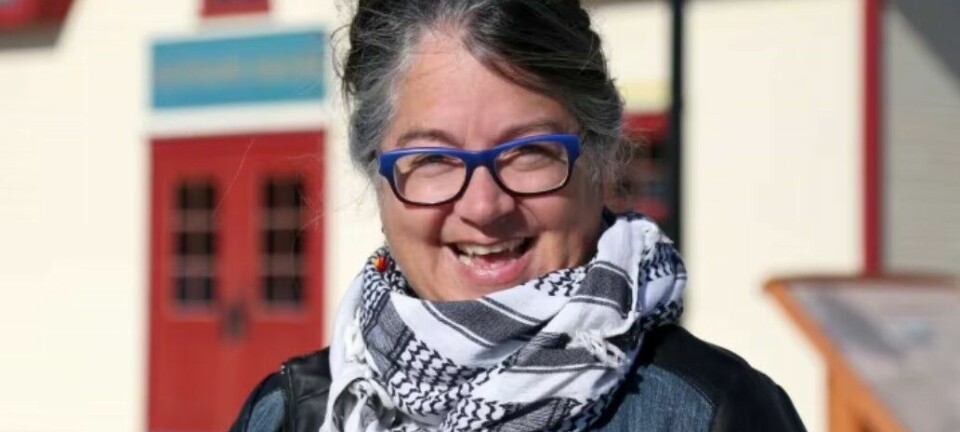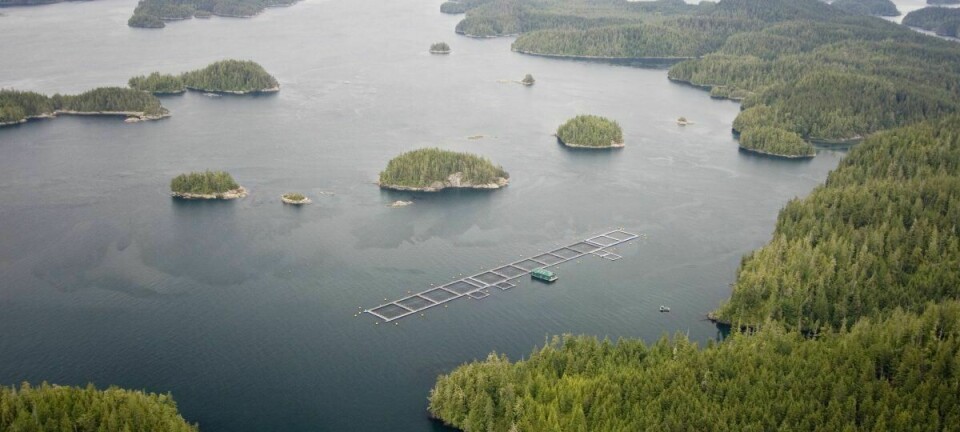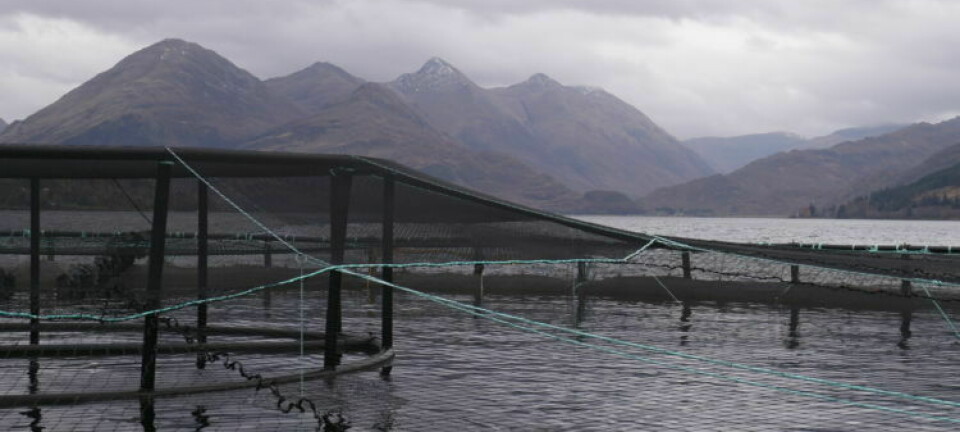
Fight against aquaculture- ulterior motives?
In the world of British Columbia aquaculture, there is no secret that many well-heeled environmental groups have been successful in the creation of public scepticism and outright rejection of the idea of growing salmon in ocean net-pens, let alone the idea of eating such fish. But with the emergence of a growing amount of sound science replacing the often cited pseudo-science used to promote the messages of extreme environmental groups, the tide might be turning. And the exposure of the real motives by the funders of these environmental campaigns against conventional salmon farming by B.C.-based ENGO’s by the likes of Vancouver’s Vivian Krause will also help to accelerate the rapid deterioration of any credibility that these Canadian organizations once might have enjoyed.
In a recent article in the Vancouver Sun, columnist Barbara Jaffe provides more detail of Ms. Krause’s findings, suggesting that “Financial contributions (are) sometimes thinly veiled attempts to help American industries gain unfair advantages over Canadian counterparts. Cash flow from U.S. to 'green' initiatives often hides private interests”;
Canadians need to be aware that the long arm of American interests is behind many of the so-called grassroots protests taking place in Western Canada. That is, U.S.-based charitable foundations, which clearly have their own priorities, are contributing major dollars to Canadian environmental groups. Most of us don't think much about where organizational funding comes from when we witness well-orchestrated protests against, say, fish farming, or the proposed Enbridge Northern Gateway pipeline, or campaigns for an oil-tanker ban off B.C.'s north coast. We just assume local folks who stand to be directly affected are behind the initiatives. But, as the Watergate-era Deep Throat source once counselled, follow the money.
North Vancouver researcher and blogger Vivian Krause has been doing that for the past five years. Krause, 47, who worked briefly last summer for B.C. Conservative leader John Duncan and lately has supported herself from the sale of her home, told me this week that her research indicates: "Millions of dollars in foreign funding have given the Canadian environmental movement a level of influence that it would not otherwise have had." Krause's research was widely publicized last month when journalists reported the Harper government had rejected a funding agreement to develop a B.C. oceans-management plan.
That agreement had featured $8.3 million from the Gordon and Betty Moore Foundation near San Francisco; federal Conservatives apparently suspected the foundation's motives, given its cash was to flow through a Canadian environmental group that opposes oil-related activity off B.C.'s coast. Krause logically asserts that funds from United States-based charitable foundations don't necessarily serve Canadian interests. "These campaigns are protecting U.S. market and trade interests, all in the name of protecting the environment."
For example, Krause - who worked in management in B.C.'s farmed-salmon industry back in 2002-03 - notes that the California-based David and Lucile Packard Foundation has spent nearly $90 million since 2000 propping up a market for wild fish, "most of which just happens to be Alaskan." Packard money, she says, has financed attacks on farmed fish, much of which comes from B.C., with some 6,000 jobs involved. The message is "farmed salmon is unsafe and unsustainable; Alaskan salmon is safe and sustainable," Krause says. "It's a lot easier to make that case with the environmentalists keeping the salmon farms in the news in a bad light."
An assortment of U.S. foundations, Krause contends, lately has been working against the proposed Northern Gateway pipeline from the oilsands to the British Columbia coast, offering 1,150 longterm jobs. "This is more like an ingenious trade barrier that would block exports of Canadian oil to Asia," thereby forcing all oil exports to flow to the U.S. market - giving the Americans more clout on pricing. And people should ask why U.S. charities are concentrating their funding activity on the precise area of the B.C. coast that would support-oil tanker traffic to Asia.
If the genuine concern is keeping waters pristine, she asks, why aren't these same interests funding similar environmental action in the Gulf of Mexico, on the eastern seaboard or the Alaskan coast? And if American charities truly want to safeguard Canada's Boreal forest, campaigning against oil and other development, why aren't they also funding programs to address the pine-beetle blight on these forests? None of which is to deny that some U.S. charitable foundations may be motivated purely by altruism. But Canadians deserve more information about the significant chunks of cash flowing across the border, money that's being deployed to damage support for projects that stand to generate economic activity and jobs in Canada.




















































